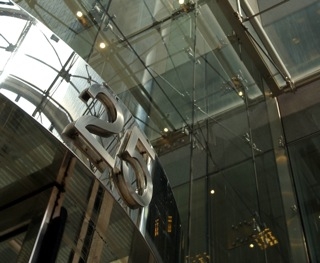An investment research company has called on the FCA to intervene in the fund management market to halt a precipitous decline in research pricing post-MiFID II and to avoid “ultra-low research pricing.”
A number of investment managers have said that they will absorb the cost of research following the introduction of the MiFID II directive, which comes into effect tomorrow (3 Jan), but one company fears this will lead to a price war to reduce the cost of research to below economic levels and damage the value of research.
Russell Napier, co-founder of ERIC (Electronic Research Interchange), says the desire of investment firms to absorb the cost of research risks a research price war as MiFID II comes into effect.
Mr Napier says that despite a large number of investment firms deciding to pay for their own research under MiFID II, many have yet to agree on a price with their brokers. Because of this costs remain unclear and some commentators have questioned whether providers will charge unreasonably low fees for access to their output.
While fees for a range of research services have suffered downward pressure since this time last year, “peppercorn prices” are unacceptable, says Mr Napier. The FCA has indicated, he says, that it will act if pricing reaches a stage where research appears significantly undervalued, to the point it could be considered an inducement to use a provider’s other services.
He said: “The regulator will want to assess the impact of MiFID II across a variety of areas before deciding whether any remedial action might be necessary. It could take up to 18 months to determine and then intervene in a research market where the product has been undervalued, and measures should be put in place sooner to ensure a fair value for research.
“MiFID II has arrived and action must be taken. High quality research is a valuable tool that can be used to meaningfully improve investor outcomes. Devaluing it could harm the end investor, in direct contrast with MiFID II’s ultimate aim.”
The original MiFID, introduced in 2007, set the regulatory framework for the buying, selling and organised trading of shares, bonds, units in collective investment schemes and derivatives across the European Union.
MiFID II revises the original directive to introduce wide ranging measures designed to improve investor protection and promote market integrity, and to meet G20 commitments on reforming and strengthening derivatives markets.

